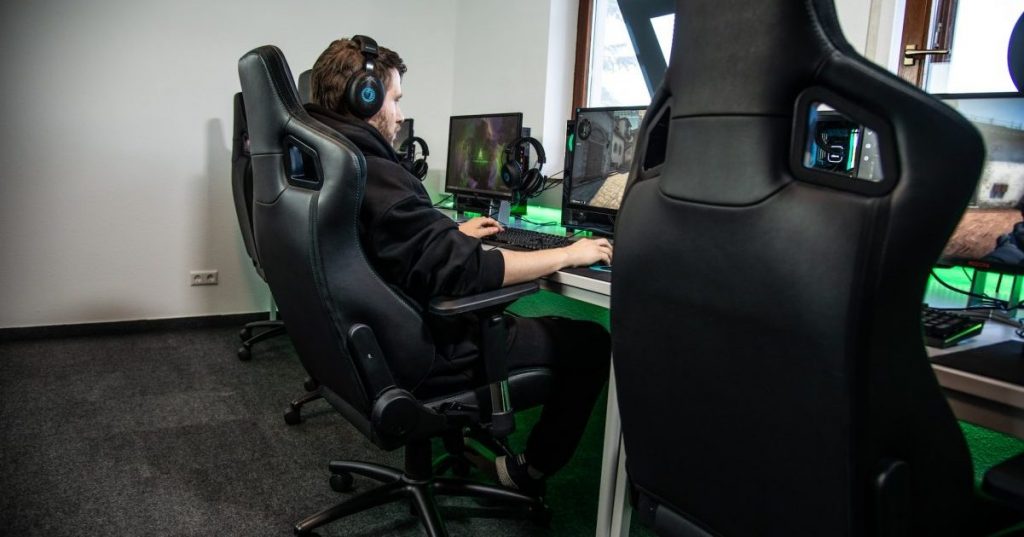1UPdate: Harassment campaigns are increasingly common in gaming communities
From GamerGate to Keffals, CultureShift discusses statistics and strategies surrounding harassment campaigns in online gaming.

While video games can be a source of fun for millions of people, gaming culture has a really uncomfortable relationship with organized harassment campaigns and even hate groups.
On the latest edition of CultureShift’s gaming segment, 1Update, we expose some of the dark underbelly of video game culture and the myriad harassment campaigns and techniques that have been deployed in the wake of 2015’s Gamergate.
For those that may not remember, Gamergate started as a movement advocating for more transparency in video game journalism but was quickly co-opted and astro-turfed by Breitbart News and Steve Bannon. Before too long, it had morphed into a misogynistic effort to harass women working in the gaming industry.
Also in this segment, we discuss some of the dangers that come along with simply participating in voice chats on games. One tactic deployed by harassment groups is doxing, where someone’s personal information will be leaked online in order to threaten their privacy and security. Another is SWATing, where someone will initiate calls to emergency services with the goal of motivating the police to send an emergency response team (the SWAT team) to the person’s home they’re trying to harass. We’ve even seen such tactics used against outspoken trans streamer Clara Sorrenti (aka Keffals) in recent weeks as she navigates an ongoing harassment campaign against her.
There have been countless studies done about the different ways that playing video games with violent content can impact the brains of developing children. But I have yet to find a study of the impact of exposing children to countless individuals through voice chats and multiplayer modes. If you’re a parent, how comfortable would you be allowing your child to speak with a complete stranger over the phone? Well, every time a player enters a new game lobby, that’s upwards of 12 complete strangers that get to speak with them.
Listen: Breaking down how harassment campaigns have infiltrated gaming culture
Trusted, accurate, up-to-date.
WDET strives to make our journalism accessible to everyone. As a public media institution, we maintain our journalistic integrity through independent support from readers like you. If you value WDET as your source of news, music and conversation, please make a gift today.
